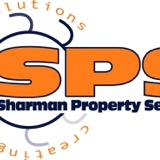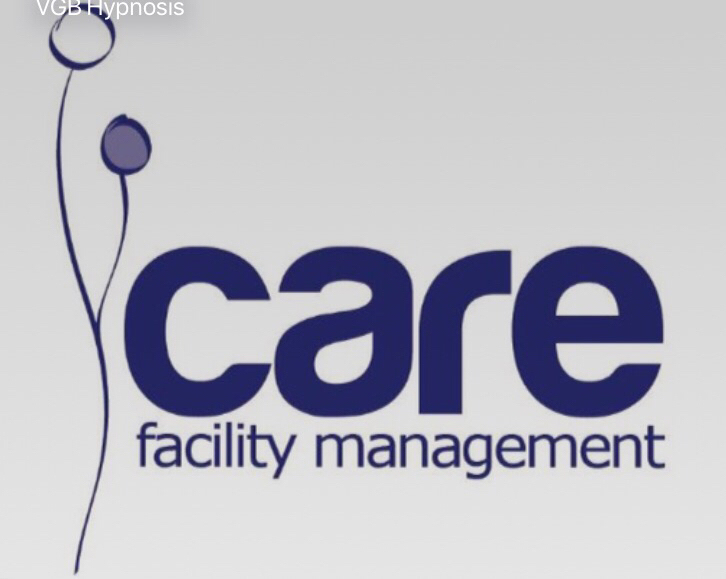Title Page
-
Site conducted
-
Conducted on
-
Trainee name
-
Completed by
-
Location
Subjects/Routine tasks and duties. Where additional training/instruction/Direction is required, completed an "ACTION". <br>Only sign off when fully trained and competent.
-
Introduction to the site
-
Introduction to colleagues and site management
-
Site facilities explained and visited
-
Booking on and off duty- Phone/Tablet/Paper
-
Patrols-explained and carried out
-
Record keeping (logbook, reports) Explanation and Practical completed
-
Mobile phone policy reviewed
-
8.7.1 Personal mobile phones
The use of personal mobile phones is not permitted during working hours unless authorised by your direct line manager or above. If you bring a personal mobile phone to work you should ensure it is switched off or on ‘silent’ mode and you should keep the phone out of view and not allow yourself to be distracted by it during working hours. They may only be used during authorised breaks or in the case of an emergency. ASG cannot be held responsible for any damage to a personal mobile telephone during working hours and whilst carrying out your working duties. -
Reporting procedures
-
Alarm systems – basics
-
Health and safety (risks, hazards)
-
Smoking areas/policy
-
8.14. No-smoking policy
We operate a no-smoking policy (including vaping). Smoking is not permitted in the Company’s or its customers’ buildings, on the Company’s or its customers’ premises except in designated areas or vehicles. We take this matter very seriously and breach of this rule might lead to disciplinary action and result in your dismissal without notice for gross misconduct. Defacing or removing ‘no-smoking’ signs will also result in disciplinary action.
There is no automatic right for smokers to have additional breaks to allow them to smoke. -
Control room duties
-
Centre opening and closing procedures
-
Car park pay stations/controls/ticket printing
-
Holiday booking procedures
-
4.4. Rules regarding annual leave
a) Holiday Request Forms have to be completed by you and then signed by your Line Manager.
b) All holidays should be authorised before bookings are made.
c) We will do our utmost to ensure that your request is accommodated, but please be aware that the operational running of the Company must be maintained at all times.
d) Site-based security employees and Communications Centre employees will not be able to take annual leave over the Christmas and New Year period. The site Security/Cleaning Managers will ensure that, as far as practical, all employees have fair and equitable treatment in dealing with holiday requests at all times.
e) Relief staff will not normally be permitted to take holidays between mid-July and 1st September and between 22nd December and 3rd January because of the nature of their work. Authorisation for relief staff to take holidays during this time will only be authorised by a Director and in exceptional circumstances.
f) Holidays will be agreed to on a first-come, first-served basis.
g) You need to give a minimum of 28 days' notice for any holiday requested unless agreed otherwise by a Director.
h) You may request up to two consecutive weeks’ holiday at any one time, although longer periods will be considered in exceptional circumstances and agreed to at the discretion of the Company.
i) You may be required to reserve a number of days holiday for shut down periods. We will issue details annually if this is the case.
j) You may only take holidays as they are accrued during the first year of employment.
k) It is a legal requirement under the Working Time Regulations that the statutory minimum holiday entitlement is taken each year. Holiday in excess of the statutory minimum that is not taken will be lost and not paid in lieu other than in exceptional circumstances with the prior authorisation of a Director.
l) Where your rate of pay varies or where there are no fixed contractual hours of work (normal working hours), the rate will be calculated as an average of the pay received in the 12 weeks leading up to the period of holiday requested. Overtime hours are not considered to be normal working hours unless a specified number are included in the contractual hours of work.
m) Should your employment come to an end before any accrued holiday is taken, you will be paid the balance of holiday pay due.
n) Should you fall sick prior or during pre-booked annual holidays there is no entitlement to take those holidays on another occasion unless you obtain a Fit to Work note from your GP.
o) If you are absent on sick leave for more than one month continuously, you may cease to accrue your contractual holiday entitlement until you return to work. This does not affect your current statutory entitlement.
p) You will accrue holiday entitlement during ordinary maternity leave, additional maternity leave; paternity leave and adoption leave periods at your normal rate.
q) Payment made for holiday in excess of your entitlement will be recovered from your final pay or any monies owed to you, where appropriate. This is an express term of your contract of employment (Section 13-16 of the Employment Rights Act 1996).
r) When you are working under notice, we reserve the right to require you to take any remaining holiday entitlement during this period. -
Body cam procedures
-
Fire alarm system
-
Intruder alarm system
-
Radio system/etiquette
-
The secret to working quickly and efficiently is to use standard procedures. The techniques presented herein are the most common.
It doesn't take much analysis to see that standards and guidelines must be established and then utilized.
Before you key your mike, gather your thoughts about what you are going to say. Many people with radios have a tendency to talk and/or repeat too much.
Say what you need to say without unnecessary repeats. Keep in mind that you must strive to get your message through the first time.
In general, there are five parts to Calling/Communications. The more serious or complex the situation, the more important these procedures become. The information contained herein MUST be practiced until it is second nature.
Practicing proper day-to-day radio procedures will make emergency radio procedures automatic and reduces confusion.
Another way of saying this is that the secret to working quickly and efficiently is to use common approved radio communication procedures and guidelines and practice, practice, practice.
• 1st, you MUST give your radio call sign. This states who is calling up. “Sierra Three” Don't give your first name
• 2nd; say "TO". The called station knows your tactical call follows. This is extremely important in cases where there is a lot of confusion or poor signal conditions.
• 3rd, give their call sign. “Control” or “Sierra one”. Radio call signs are important and first names are not to be used. Remember, we are licensed for radio to radio NOT person to person communications.
• 4th, give your message. Speak clearly. Don't speak too fast especially if the message needs to be written down.
Pause after logical phrases. Do not use the word "break" when you pause. It is confusing, wastes time and has other connotations.
Merely un-key the radio and pause. If the other station has questions, they should key up and make their request known. This also permits other stations to break in if they have emergency traffic.
• 5th, you can end your conversation with “RECEIVED” however it isn’t required.
Mike 8 needs assistance in the management suite,
ROMEO ONE to MIKE 8 would say- “Romeo One to Mike 8”
MIKE 8 responds with “Receiving”
ROMEO ONE to State message to MIKE 8 “Can you come to management suite please”
MIKE 8 would respond “on route”
MIKE 8 would then end request by saying “Received, Thank you”. -
Lost property process
-
IAuditor
-
EPS (electronic patrol system)
-
Absence procedure - Bradford factor
-
GDPR/data control procedures
-
The GDPR sets out seven key principles:
• Lawfulness, fairness and transparency.
• Purpose limitation.
• Data minimisation.
• Accuracy.
• Storage limitation.
• Integrity and confidentiality (security)
• Accountability.
ASG require a PII (Personally Identifiable Information) Audit to be completed by all employees, which cover the 7 principles above. -
Telephone etiquette
-
“Good morning/afternoon/evening, ABC security, Brian speaking, how can I help you”
When answering the telephone it is important to carry out the following:
• Give a ‘warm welcome’ - good morning/afternoon/evening
• Give the company/site name
• Speak clearly
• Be polite
• Listen carefully
• Be willing to help
• Be prepared to take a message
• Do not pass the buck
• Be professional
• Pass important messages on as soon as practicable
Remember, first impressions count.
The Control room may have dedicated links to third parties such as the Police, Management, Security officers etc.
It is essential that ‘BEST PRACTICE’ is always observed when communicating with members of the public, staff and other agencies as this will help to demonstrate the professionalism of the security officer on site.
Declaration
-
EMPLOYEE: This is to certify that I have received site specific training in the above subjects and I am fully competent in carrying out all tasks and duties required of me.
-
LINE MANAGER: This is to certify that the named employee has completed all site specific training in the above subjects and is fully competent in carrying out all tasks and duties required of him/her.












